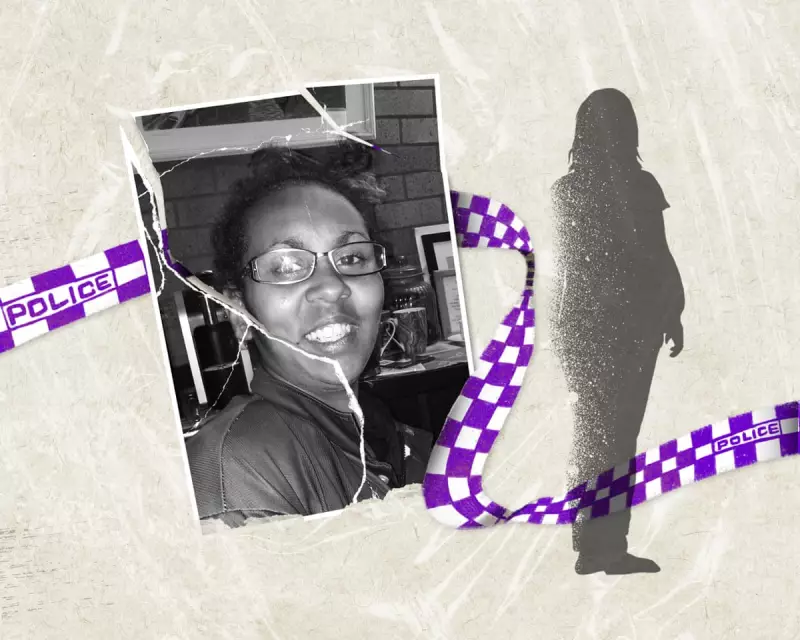
The tragic death of Kardell Lomas, a 31-year-old Indigenous Australian woman six months pregnant with her child, has exposed catastrophic failures within Queensland's domestic violence support systems. Despite 24 documented interactions with police and support services in the months leading to her murder, none of the agencies provided adequate protection from her violent partner.
A Pattern of Ignored Warnings
In December 2019, neighbours on McGill Street south of Ipswich reported hearing escalating domestic violence behind the property's high fences. The sounds of a man screaming and a woman sobbing became increasingly frequent in early December. On December 8th, witnesses heard the man shouting: "Get up, you dog. Come on, get up."
Two days later, police discovered Kardell's body in the boot of an old car in the backyard. Her killer was Traven Lee Fisher, the man she had been trying to escape for months.
Kardell's younger brother, Adair Lomas, expressed his family's anguish: "For years after, Kardell's death didn't sit well with me. It felt like the system had failed her."
Dangerous Offender Known to Authorities
Fisher was no ordinary domestic violence perpetrator. Police records showed he had previously been jailed for raping a two-year-old child and seriously assaulting the child's siblings. A court psychologist had documented that Fisher displayed "significant psychopathic personality traits" and was classified as a high-risk domestic violence offender.
Despite this dangerous history, when police responded to incidents involving the couple, they consistently failed to identify Kardell as the victim. In one January 2019 incident, officers arrived after reports of "an Aboriginal man chasing an Aboriginal woman down the street."
Body-worn camera footage revealed that police only sought Fisher's version of events, despite hearing Kardell say he had threatened to kill her and her son. One officer suggested to Fisher that he might have been "just mouthing off." Police concluded the couple were "as bad as each other" and gave them a warning about swearing.
Multiple Missed Opportunities
Kardell's attempts to seek help revealed repeated systemic failures:
- In February 2019, she attended a support service with a visible ear injury, revealing Fisher had tried to cut her ear off with pliers
- In April 2019, she presented with a swollen lip and large bruise, completing a risk assessment that identified multiple serious threats including death threats, strangulation, and sexual violence
- In September 2019, she slipped a note to support agency staff asking them to call police
During the September incident, body-worn camera footage shows one officer describing the situation as "a bit 504-ish" - using police code for mental health issues. The officers determined there was "no evidence of any dispute or domestic violence" despite Kardell expressing fear of Fisher.
Kate Pausina, a former senior detective who reviewed domestic violence homicides, criticised the police response: "Even the most basic investigation would have revealed enough information to understand Kardell was at serious risk."
Coroner Declines Inquest
Despite the evident failures, the coroner decided against holding an inquest, stating "there does not appear to be any prospect of making recommendations that would reduce the likelihood of similar passings occurring in future."
The coroner's finding noted that Kardell had mistrusted government agencies, but her family insists this misrepresents her repeated attempts to seek help. "Kardell did trust police because she reached out to them asking for help," said Karen Iles, lawyer for Adair Lomas.
First Nations women in Australia are seven times more likely to be victims of intimate partner homicide than non-Indigenous women. Dr Amy McQuire of The Disappeared Project described the coroner's decision as deeply troubling: "Her death is normalised and seen as routine because the coroner does not see her death as sufficiently worthy of further inquiry."
The Queensland Police Service stated it had made "significant progress in relation to responses to domestic violence" while acknowledging "more can always be done." Meanwhile, Kardell's family continues to seek answers about why multiple agencies failed to protect a woman who asked for help two dozen times before being murdered.





